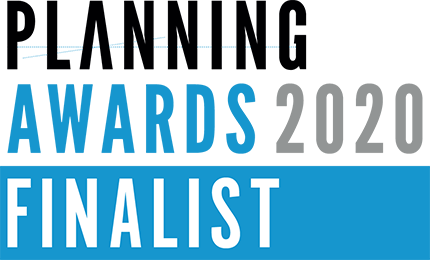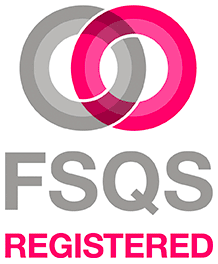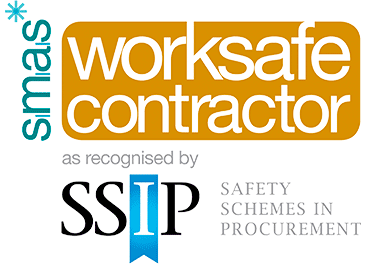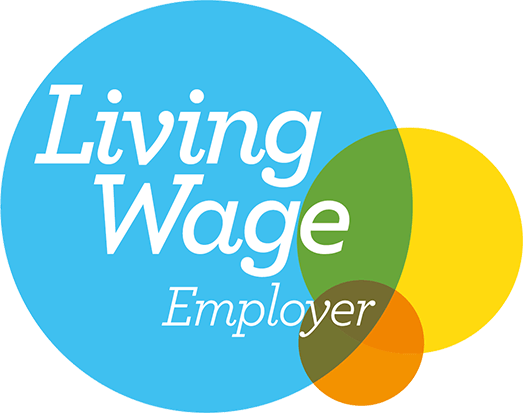News
Why “Good Quality” Consultation is Important
19 October 2022
Consultation provides a vast amount of opportunity to enrich projects with local knowledge and new ideas

There are many reasons why good consultation and engagement are advantageous when adopted from the outset of a project and carried through the different phases of the planning process.
Consultation should not be treated as an afterthought merely to ensure adherence to national and local policy and guidance on community involvement. Often, it appears that whilst consultation strategies are being deployed, they are not always “good quality” strategies – as outlined in the NPPF:
“Early engagement has significant potential to improve the efficiency and effectiveness of the planning application system for all parties. Good quality pre-application discussion enables better coordination between public and private resources and improved outcomes for the community”
During the year, acting as a community representative, I had the pleasure of taking part in two workshops facilitated by The Glass-House CLD, in which I critically reviewed the Metropolitan Workshop’s practice guide to community engagement, exploring its applicability from a resident perspective. In September, I visited Metropolitan Workshop’s practice to attend the launch event for the People Powered Places research. Many shared their knowledge on effective community engagement and the publication provides a much-needed resource to explain each RIBA stage of work to communities whilst also pointing out how communities can get involved at each stage.
There are many benefits to going that extra mile to carry out more meaningful engagement with local stakeholders. Let’s start by outlining what can be considered best practice when consulting communities and stakeholders about a new project.
Adoption of a Consultation Strategy Early on
It is important to begin consulting communities and stakeholders at the beginning of a project’s lifecycle for two reasons.
- If introduced to the project at a later stage, there is likely to be less scope of influence afforded to the communities and they may feel as if their involvement is an afterthought. This can make communities less willing to support a project as they may feel that they cannot have an impact regardless of what feedback they provide.
- The second reason is simply because it can prove incredibly valuable for developers to receive local intelligence before they begin to plan a project. It is useful to gain insight from the community to ensure that project is well received and useful once complete. This can also result in less opposition to the project and less alterations being required further along.
Ensuring your strategy is Accessible and targeted
To effectively engage and receive participation from neighbouring communities and stakeholders it is important to be open to creative methods of reaching them. It is not enough to simply say “we reached out to the local neighbours, but received no feedback” or “we organised an exhibition, but very few neighbours showed up” as this might suggest that a consultation strategy is being carried out, but it is not targeted to the intended audience.
It is important to research the communities you aim to engage, understand their lifestyle, their cultures, languages, and interests and use this to develop a strategy that directly targets them. It may prove useful to hold exhibitions outside of working hours to increase attendance, or it may be that the best place to engage residents is by visiting the local café rather than a traditional village hall. Be open to trying new methods. Every community is different and requires a tailored strategy.
Consultation provides a vast amount of opportunity to enrich projects with local knowledge and new ideas which, if thoroughly considered, can result in projects being embraced and enhanced rather than opposed by communities. Planning Potential’s specialist communications team, Communications Potential are well equipped to establish the needs of your project and to equip you with the consultation strategy you need to deliver successful results.






